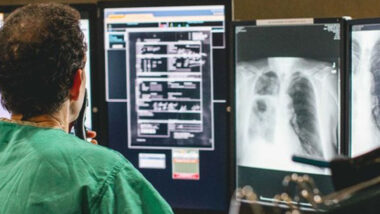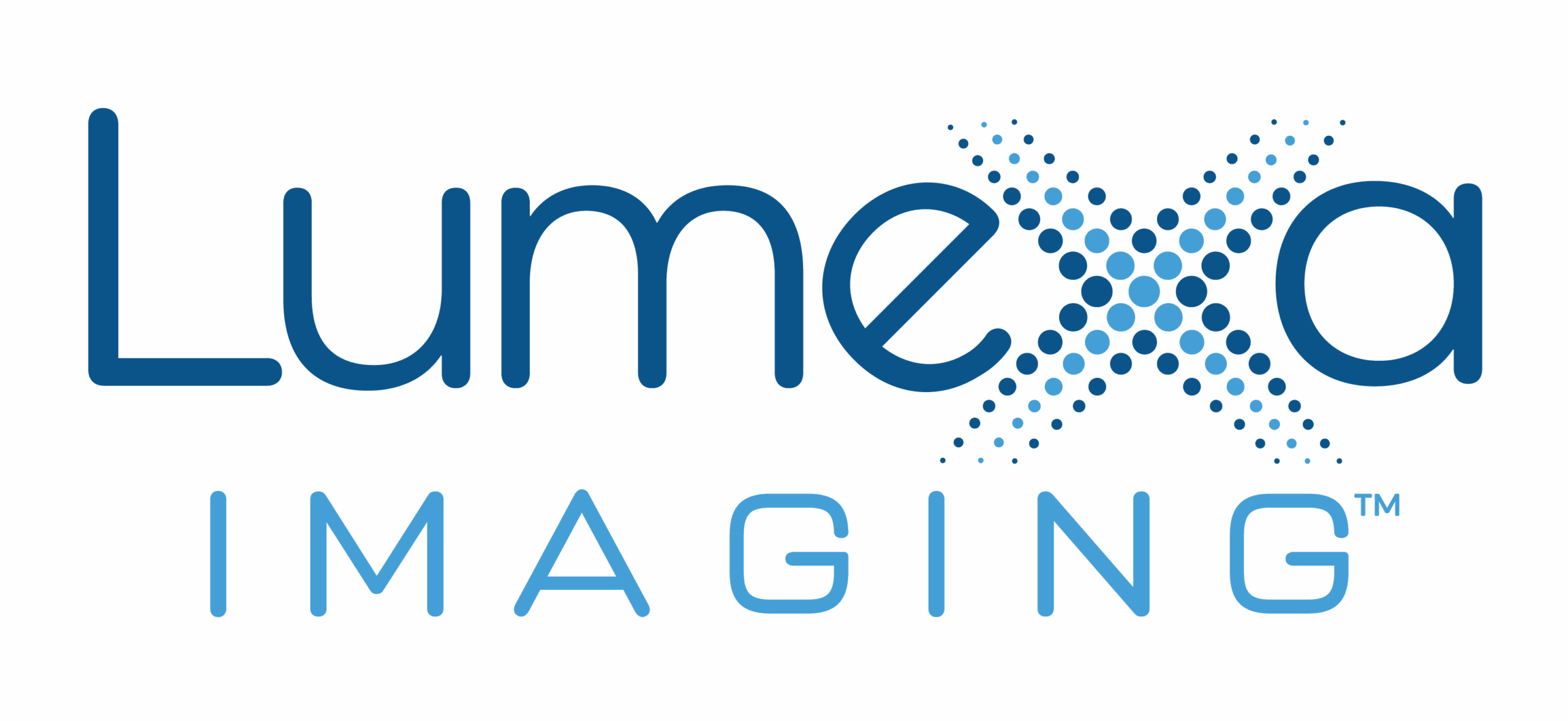If your physician ordered a magnetic resonance imaging (MRI) scan to help find the cause of head, joint, back pain, or other symptoms, one question may come to mind as you look for time in your busy schedule: How long does an MRI take?
On average, MRI scans take just 30 to 60 minutes from start to finish. Durations vary depending on the type of MRI exam or the body part being scanned. A brain MRI, for example, may take longer than a lumbar spine MRI.
At Carolinas Imaging Services, we use ARDL® AI software, which improves the quality and clarity of images and allows our board-certified radiologists to make assessments more easily. ARDL also shortens the total amount of time it takes for the machine to scan your body, which means you will spend less time inside the MRI scanner and at the imaging center.
The bottom line: An MRI exam is a relatively minor investment of time with the potentially major benefit of helping identify the cause of your symptoms. Using your images, your physician can confirm a diagnosis and recommend a treatment plan that can put you on the path to recovery or relief.
MRI: The Basics
To understand how long an MRI takes, you need to know how it works. MRI uses strong magnets and radio waves to capture images of your body and does not require radiation. These scans are valuable diagnostic imaging tools because they provide a clearer, more detailed image of your soft tissues and joints than other types of scans, such as X-rays and CT scans.
MRI scans help physicians find and assess a wide variety of conditions, including tumors, joint and spine injuries, vascular disease, and more.
Read More: The Differences Between MRI and CT Scans
How Long Does an MRI Take? Key Factors to Consider
Typically, an MRI scan lasts no more than an hour. Your scan may have a longer or shorter duration based on several factors, including:
- Anatomy, motion on images, or image findings
- The need for additional scans based on image quality
- The type of technology or software used
- Your condition or symptoms
Preparing for Your MRI Scan: What to Know
Preparing for an MRI scan is simple. Don’t wear any metal objects, including jewelry, which can interfere with the magnetic field. Wear comfortable clothing that’s easy to remove in case you need to change into a hospital gown.
Some types of scans require extra preparation. For instance, if you have an abdominal MRI, you may need to avoid eating or drinking for four to eight hours before your scan. You will receive instructions in advance if fasting is required for your procedure. Follow your imaging team’s instructions carefully.
Some referring providers will prescribe sedation for your appointment depending on your individual needs. If this is required, bring your medication with you and arrive an hour before your exam.
Wait for instructions from your imaging technologist before taking sedation medication. If you need sedation, be sure to arrange for someone to drive you home after your scan.
Don’t need sedation? You can arrive 15 minutes early.
Read More: How to Prepare for an Upcoming MRI Exam
What to Expect During the Exam
Depending on your symptoms or medical history, you may require contrast material through an intravenous injection, which can enhance the accuracy of the MRI for medical professionals.
For your scan, you will lie on a table inside a large magnet. If you have a history of claustrophobia, let your imaging team know before the exam. Carolinas Imaging Services Rock Hill offers an open-bore machine that can help you feel more comfortable.
To capture pictures, a soft “coil” sends and receives radio waves around the area being examined. While this occurs, you won’t feel anything, but you’ll hear noises from the changing magnetic fields. Our staff will provide earplugs or headphones to help mask the sound from the machine, and our Caring Suites are designed to create a comfortable and soothing environment for our patients.
After the Scan: Your Next Steps and Results
Generally, MRI scans require no recovery time. You may resume your normal daily activities once the scan is complete. The radiologist will send a report with the results of your scan to your referring physician to help establish a diagnosis or treatment plan.
You may need additional testing before your physician can make a diagnosis. In that case, they may suggest a biopsy or bloodwork, a different type of imaging, or another diagnostic procedure.
An MRI is a powerful diagnostic tool that helps your physician develop an effective treatment plan for you. At Carolinas Imaging Services, we’re committed to your comfort and providing fast and precise results so you and your doctor can get the answers you need.



